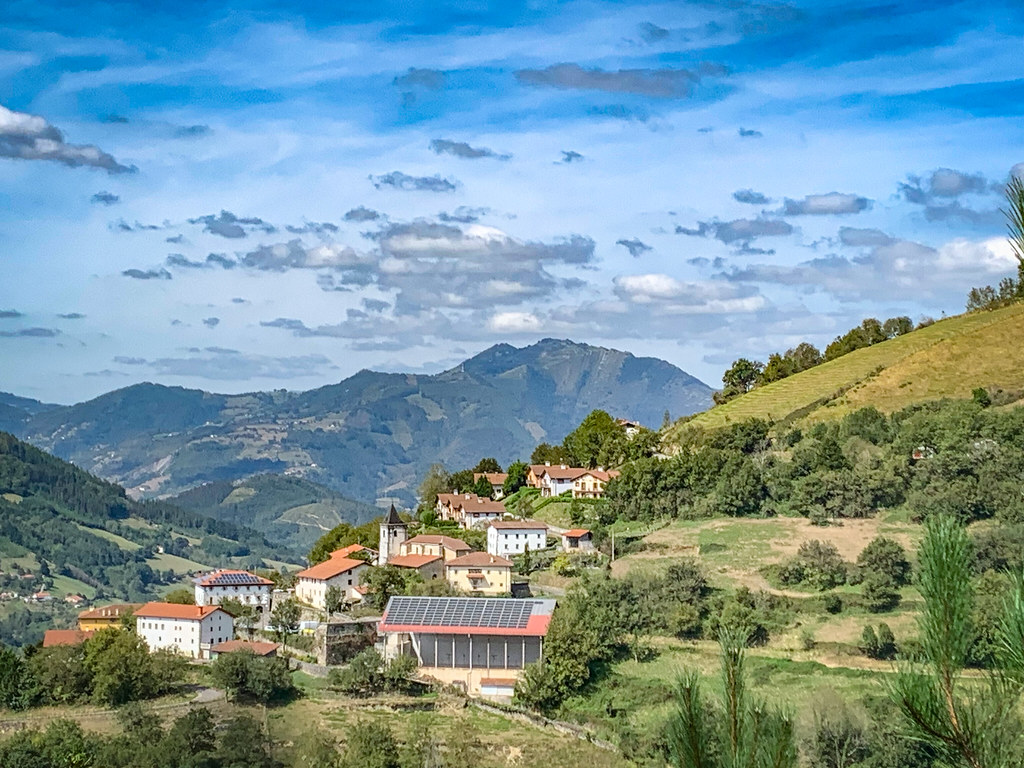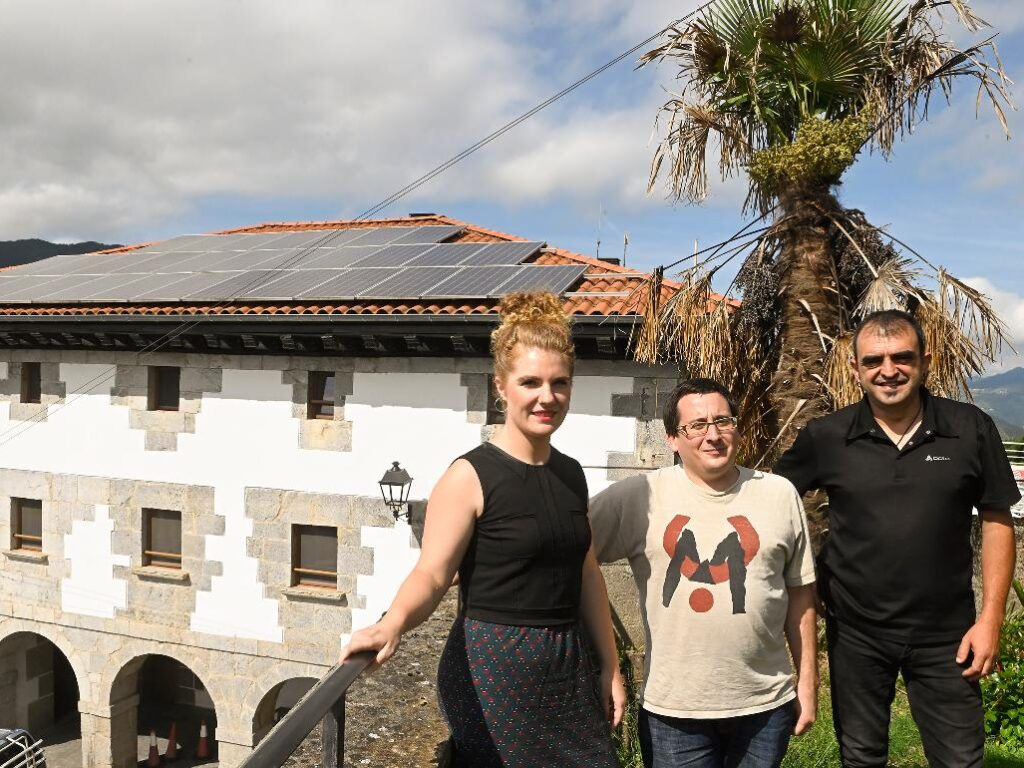Orexa: the energy community of Gipuzkoa’s smallest village
Mountain areas offer significant opportunities for energy transition. However, energy production can have a considerable impact on biodiversity, landscapes, and mountain communities. The village of Orexa, in the province of Gipuzkoa (Basque country, Spain), has created an energy community to ensure its energy sovereignty while limiting the impact on land use and maximising the socio-economic benefits of local energy production and consumption.
The specific challenges of energy transition in mountain areas
Mountain areas offer many opportunities to contribute to the reduction of greenhouse gas emissions associated with energy production. However, the energy transition poses specific challenges in mountain areas in terms of protecting the rich mountain biodiversity and preserving their unique landscapes. Energy governance is therefore a growing challenge to ensure that mountain communities own the transition and are empowered to make decisions appropriate to their territory.
In Orexa, the smallest village in the province of Gipuzkoa (104 inhabitants), the local community has decided to address the energy issue. Since 2013, a local development strategy has been in place to revitalise the village under the motto “Orexa, the journey starts here”. In 2019, inhabitants decided to take this local strategy a step further by tapping into the potential of energy communities, non-profit legal entities whose members participate in the production, distribution, and use of renewable energy at local level.
The Orexa energy community
In order to ensure Orexa’s energy sovereignty, the inhabitants decided to take advantage of the village’s renewable energy production potential. With the legal and technical support of the Goiener Energy Cooperative, photovoltaic panels were installed in various locations between 2019 and 2022:
- On the roof of Orexa’s Ostatu, a local hotel-restaurant (2019)
- On the municipal fronton (2021)
- On the roof of the agri-food cooperative Oihan txiki (2022)
- On the roof of a municipal building Segoretxe (2022)
- On the roof of 6 private homes (2022-2023)
In this way, the energy installations have had no impact on the use of agricultural land or on the village landscape. Orexa’s installations do not include batteries for energy storage due to their high cost. Energy that is not used locally is therefore fed back into the grid in exchange for a small financial compensation.
In parallel, an official energy community was legally created in Orexa in 2021. It is made up of the village’s two companies, Ostatu and Oihan Txiki, the local Council and all the households in the village. It currently has 55 members. Each family pays an entry fee of 10 euros to join the energy community. For the time being, there are no monthly membership fees because the installations are relatively new and do not yet generate high maintenance costs.
Supporting the green transition and socio-economic cohesion
Thanks to photovoltaic installations, the village of Orexa now produces 70% of the energy it consumes. This brings the village a step closer to energy sovereignty and guarantees the beneficiaries the right to green and local energy.
The energy community also supports the village’s businesses and disadvantaged families. The restaurant and the agricultural cooperative are the main beneficiaries of the energy, helping them to reduce their energy bills by 30%. Priority is also given to the most vulnerable households, who can save up to €60 per month in energy costs (compared to €15 for other families), each case being managed anonymously by the energy community.
In this way, the energy community promotes local production and consumption of renewable energy, while also supporting economic vitality and social cohesion, and without affecting land use.

